Profession-specific tips for your event coordinator resume
Event planning is indisputably one of the most dynamic sectors as more and more events are organized both nationally and internationally. It’s no surprise that the interest in event coordinator positions has once again been on the rise.
Many would say that an event coordinator should have a good image, since most of the time they will be in front of clients and suppliers. And how else to make a positive impression if not by using a great-looking, professional photo on your resume?
Even though this may not be an absolutely false statement, you don’t need a photo to impress your future employer.
There are, however, certain tips that may help you upgrade your event planner CV.
1. Open with a strong event coordinator resume summary
The first thing a hiring manager will do while browsing through resumes is to lay their eyes on your professional summary before they even get to the list of your work experiences.
Therefore, you’ll unquestionably want to use relevant keywords featured in the job posting. Make your potential employer feel like they found what they were looking for.
Your keywords may include expressions such as:
- Production
- Achievements
- Negotiation
- Management
- Communicator
As a good communicator, not only will you need to promote your outstanding verbal skills but also your written expression. The latter might be proven by not making spelling mistakes and by using a cultured language.
Make your event coordinator resume summary flow and include your qualities within sentence structures instead of providing stark lists. It takes only one professional summary to make a great or a bad first impression.
2. Organize your event coordinator resume faultlessly
As an event coordinator, try to treat your resume as the main event of this hiring process, and organize the content of your CV clearly and smoothly. Include the most significant information at the beginning of the sections, in reverse-chronological order.
You may want to start with some relevant soft skills for your position, such as: time management, crisis management, organization, punctuality, maintaining deadlines, critical thinking, and other competencies necessary for your planner position.
As for hard skills, don’t miss the opportunity to mention your knowledge of an event management software or a CRM software, project management, negotiation, vendor selection, and others.
When it comes to your professional experience , always pick positions that are the most related to the one of event coordinator. List relevant responsibilities you had in each of these positions, but most importantly, specify numbers. Sizes, sizes, sizes!
From the number of events to how much money you were able to save. If you don’t recall exact figures, you can simply use a plus sign to indicate that you have organized 20+ events with over 1000 attendees.
When it comes to education , if you studied a relevant field, such as Communication, Public Relations or Business, make sure you highlight it. Did you major in a non-related field or is your education irrelevant to this position? You can still stand out by specifying job-related certificates, diplomas or awards in extra sections. Yes, extra sections, such as certifications or volunteering, may become decisive parts of your resume.
3. Update your social channels to a professional level
As you may already know, most potential employers will check their candidates’ profiles on various professional social networks, such as LinkedIn. It’s a good practice to update and complete this information on an ongoing basis, even if you aren’t using it as your main professional profile for seeking jobs.
4. Link your event planner portfolio in a resume
Believe it or not, your event portfolio can have a huge impact on hiring manager’s decision making. What seemed to be distant and abstract will suddenly transform into something tangible.
A great organizer you are, you can sequence your events from the most recent, include event descriptions, use appealing photos, client testimonials, or even press mentions.
Provide the link to your portfolio in your resume, or attach it as a PDF document along with your CV.
To put it concisely, provide an eye-catching professional summary containing suitable keywords, organize individual sections flawlessly, don’t miss extra sections with relevant certifications and awards, and remember to add your event portfolio.
As an event organizer you’re a creator of experiences, so let the first experience for your future employer be your resume.


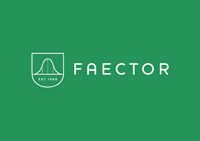
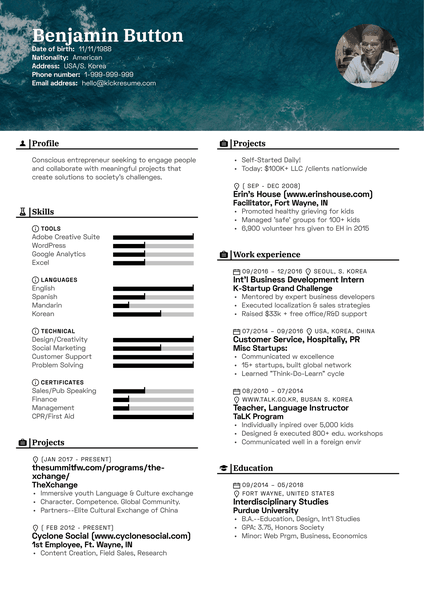



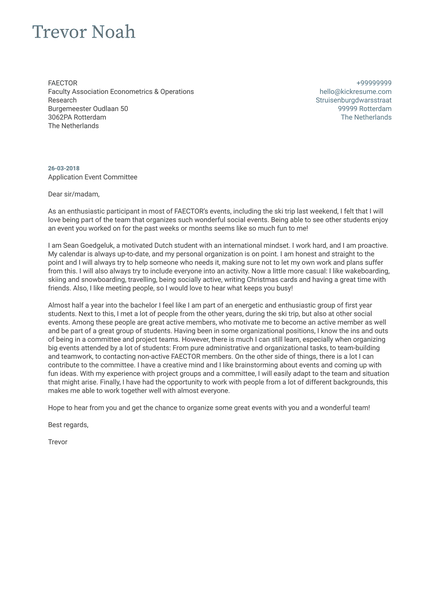
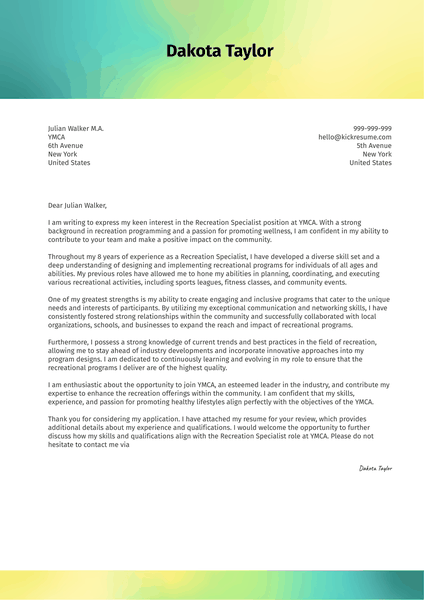

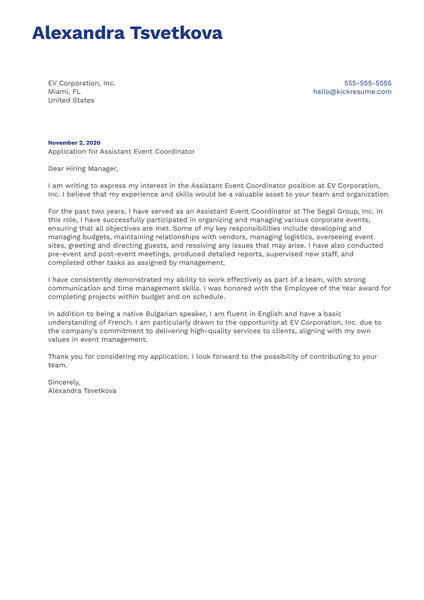
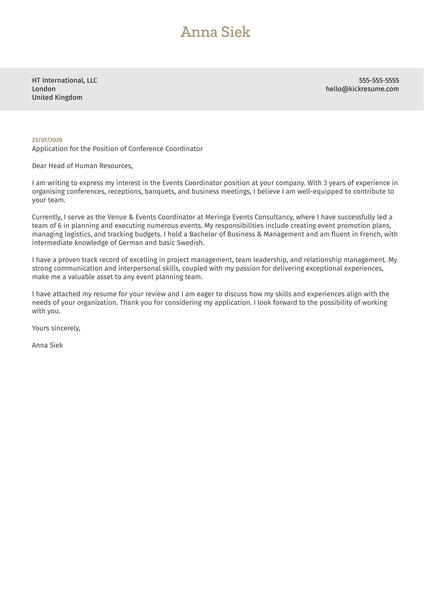
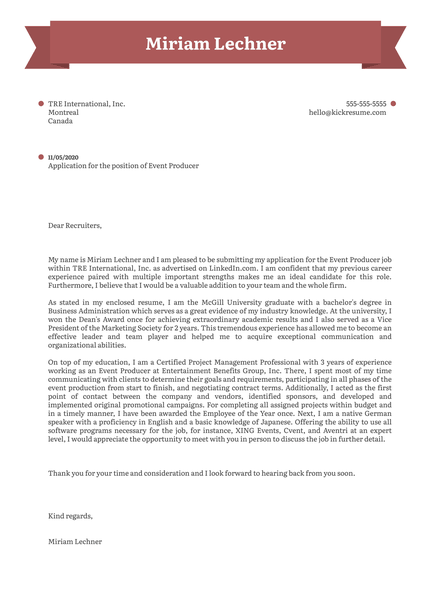
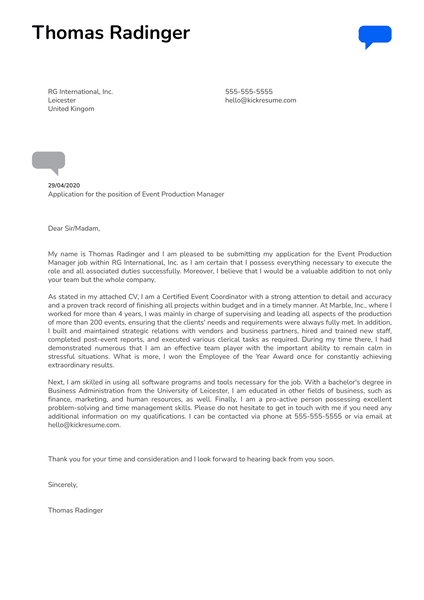
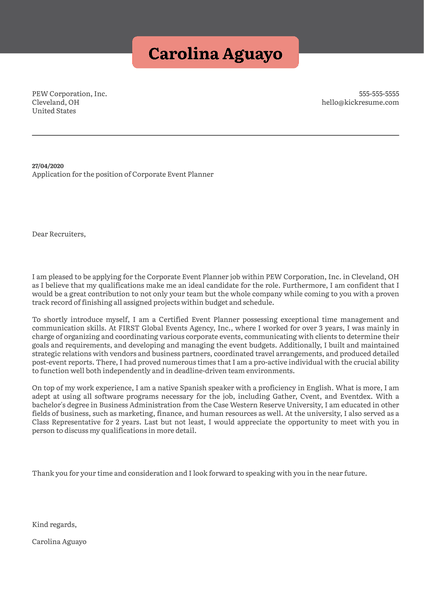
![How to Write a Professional Resume Summary? [+Examples]](https://d2xe0iugdha6pz.cloudfront.net/article-small-images/i-Profile.svg)
![How to Put Your Education on a Resume? [+Examples]](https://d2xe0iugdha6pz.cloudfront.net/article-small-images/i-Collage-Universities.svg)
![How to Describe Your Work Experience on a Resume? [+Examples]](https://d2xe0iugdha6pz.cloudfront.net/article-small-images/Experience.svg)


